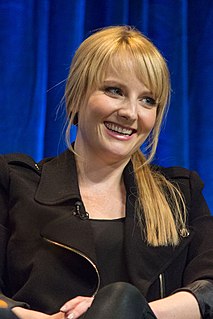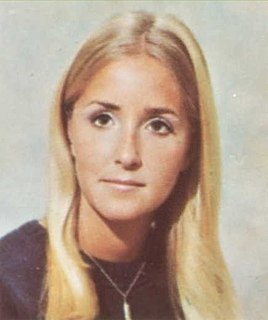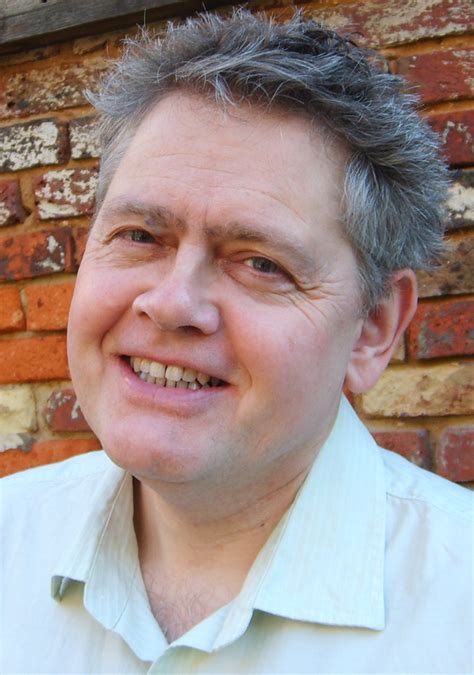A Quote by Diane Johnson
The whole process of writing a novel is having this great, beautiful idea and then spoiling it.
Related Quotes
It's the disease of thinking that a having a great idea is really 90% of the work. And if you just tell people, 'here's this great idea,' then of course they can go off and make it happen. The problem with that is that there's a tremendous amount of craftsmanship between a having a great idea and having a great product.
If I'm writing a novel, I'll probably get up in the morning, do email, perhaps blog, deal with emergencies, and then be off novel-writing around 1.00pm and stop around 6.00pm. And I'll be writing in longhand, a safe distance from my computer. If I'm not writing a novel, there is no schedule, and scripts and introductions and whatnot can find themselves being written at any time and on anything.
I have a process that I seem to always, to some degree, as a writer, adhere to, but I certainly have never imposed the way I write a novel on my students. When I had students, I never said, "You should never start writing a novel until you have the last sentence." I never did that, and I wouldn't do it now, but people now seem so interested in the process [of writing fiction] that I have to constantly make it clear when I describe mine that I'm not being prescriptive. I'm not proselytizing.
When the healthy nature of man acts as a whole, when he feels himself to be in the world as in a great, beautiful, noble, and valued whole, when harmonious ease affords him a pure and free delight, then the universe, if it could experience itself, would exult, as having attained its goal, and admire the climax of its own becoming and essence.
A short story is a sprint, a novel is a marathon. Sprinters have seconds to get from here to there and then they are finished. Marathoners have to carefully pace themselves so that they don't run out of energy (or in the case of the novelist-- ideas) because they have so far to run. To mix the metaphor, writing a short story is like having a short intense affair, whereas writing a novel is like a long rich marriage.






































